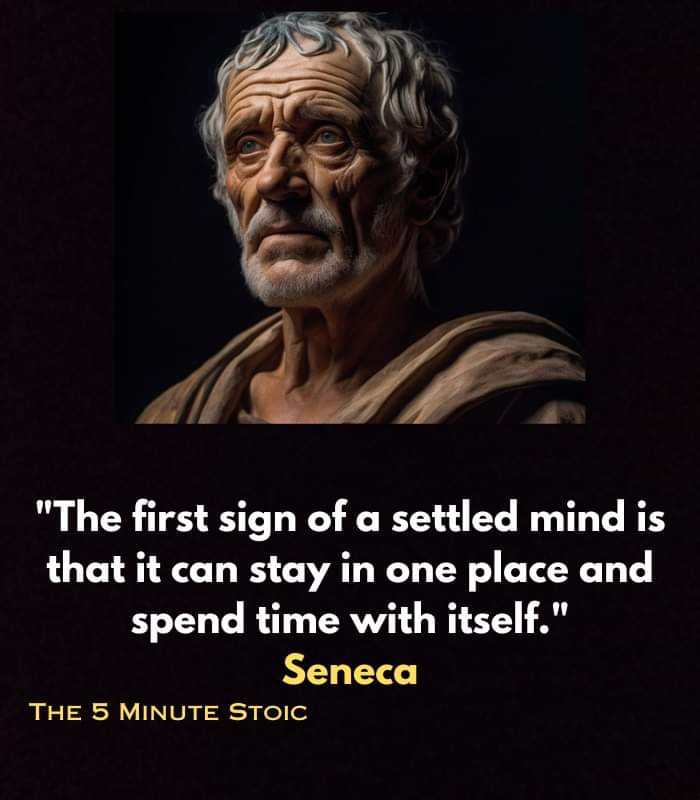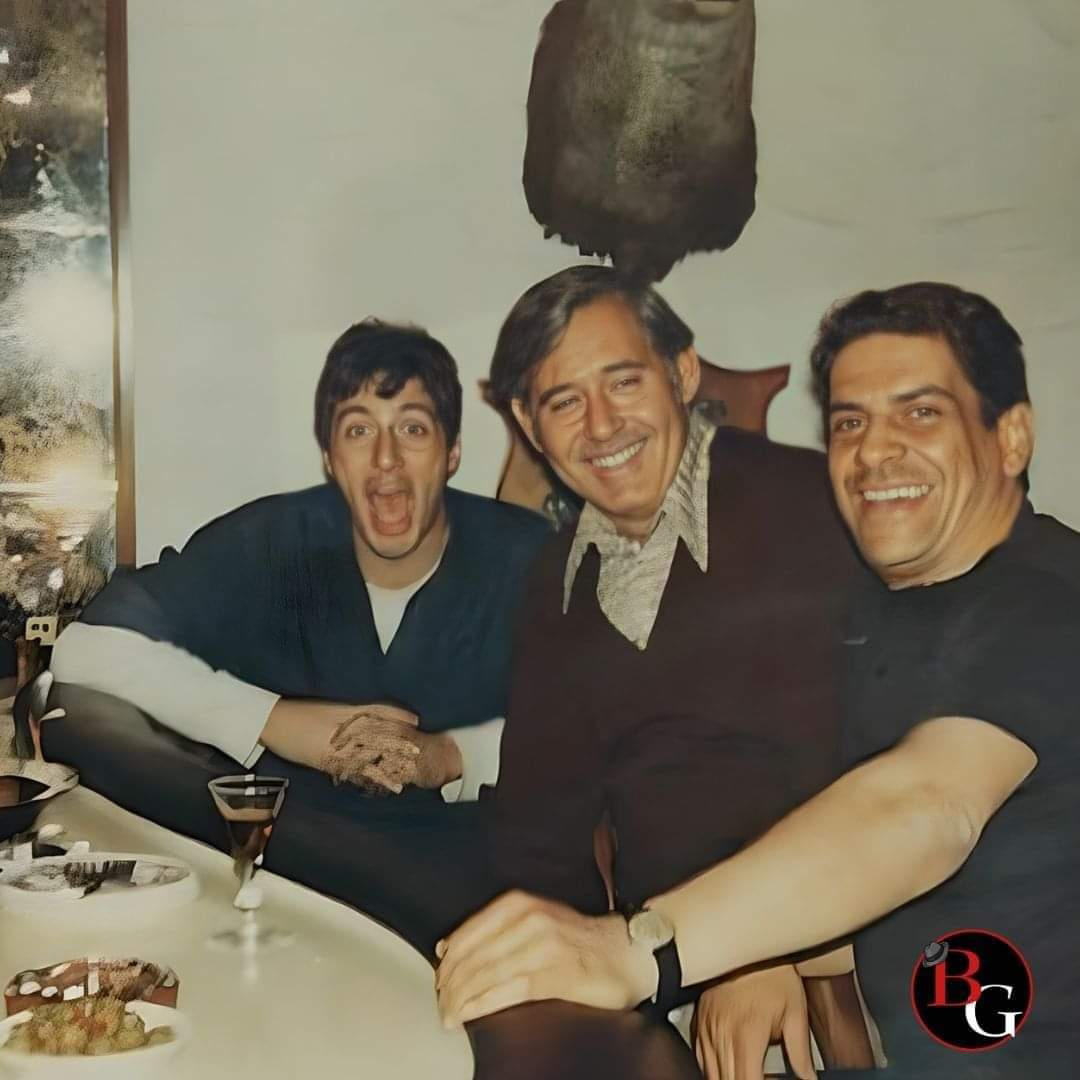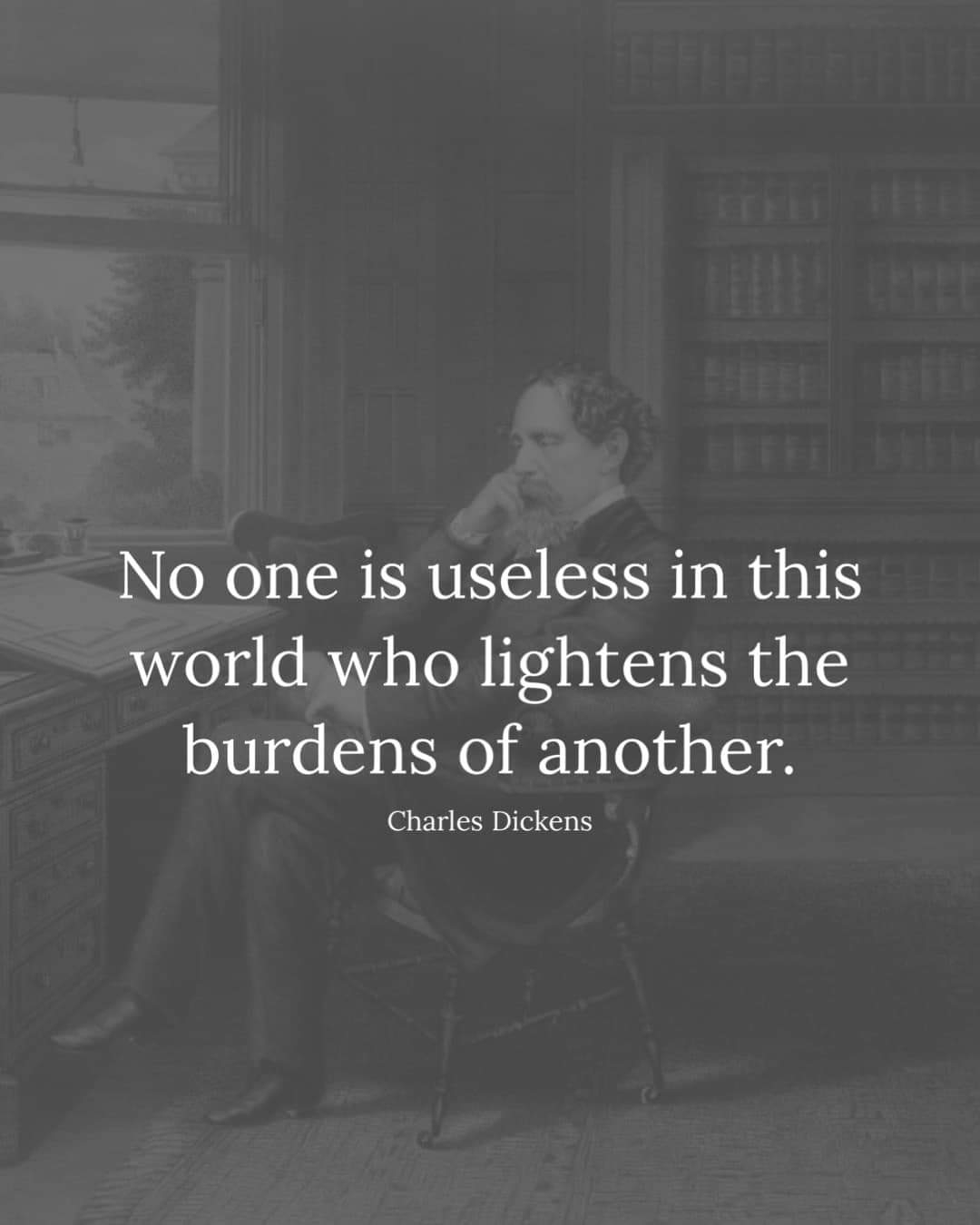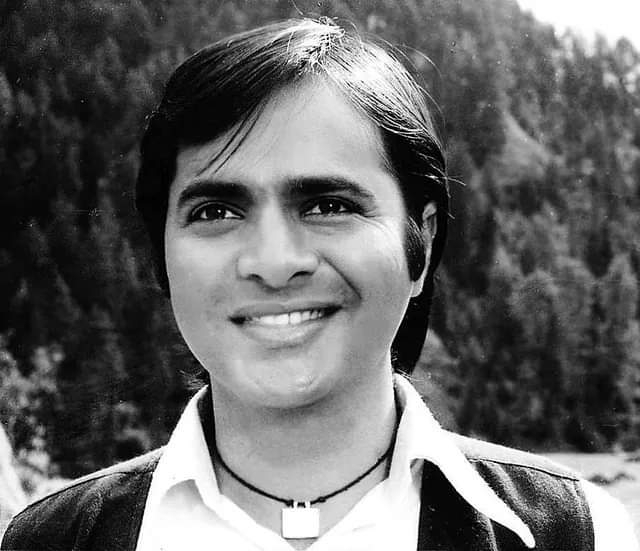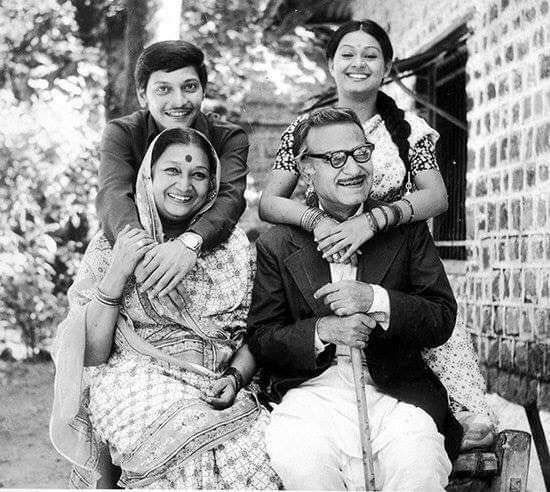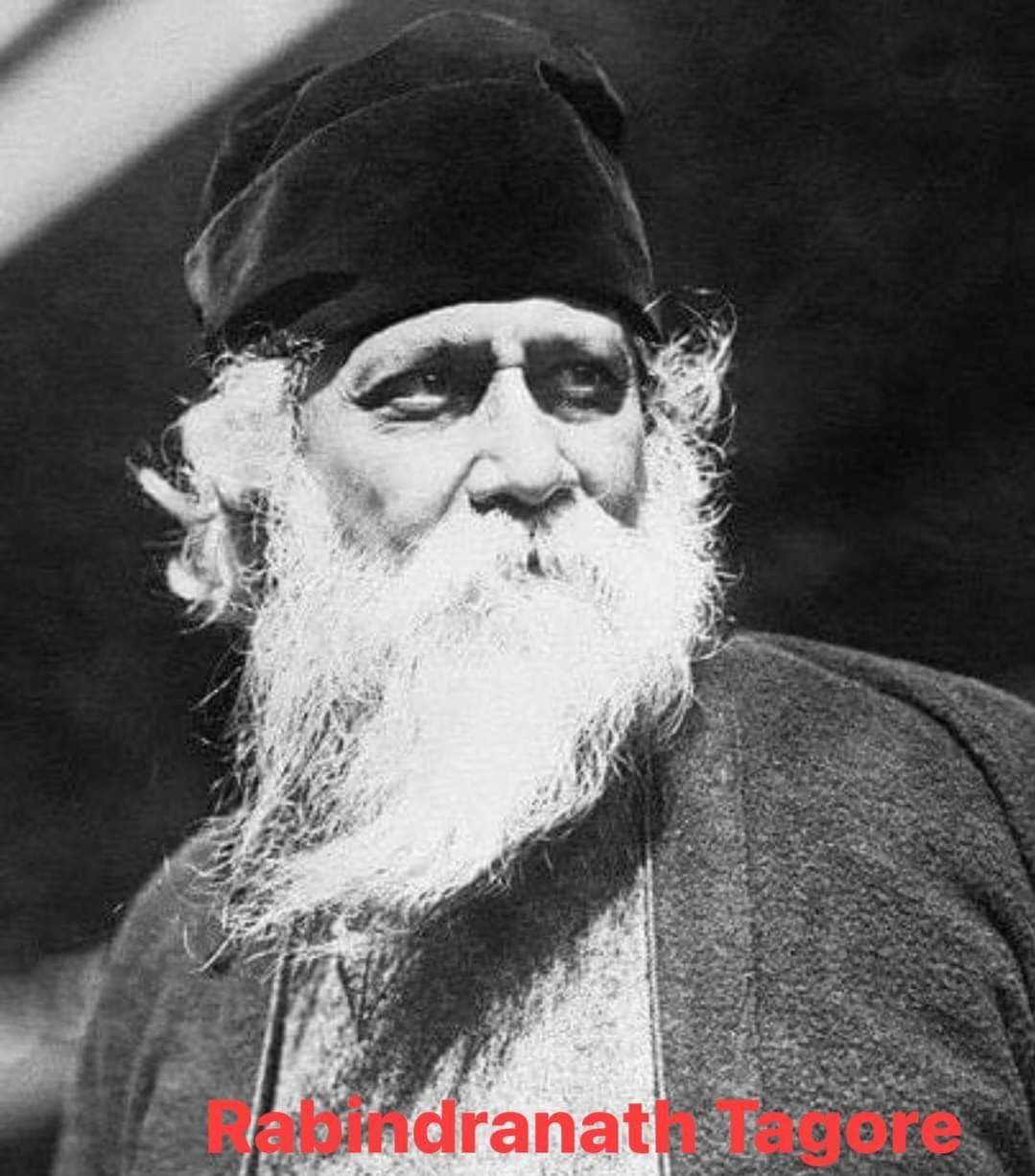The Trinity College Dublin is home to a marvel of historical and architectural beauty, the Long Room, which stands as a testament to the grandeur of classical libraries.

The Trinity College Dublin is home to a marvel of historical and architectural beauty, the Long Room, which stands as a testament to the grandeur of classical libraries. Esteemed by the 1000 Libraries Community as the world's most exquisite library, the Long Room is not just a repository of books; it's a sanctuary that encapsulates the essence of cultural and scholarly heritage. This iconic chamber, nestled within the Old Library, embarked on its journey of intellectual preservation between 1712 and 1732. With the unfolding of the 19th century, it was expansively renovated to house the burgeoning collection of texts, now safeguarding over 200,000 of the library's venerable tomes. Architecturally, the Long Room is a spectacle, with its towering oak bookcases stretching towards a magnificently vaulted ceiling, each filled with centuries of knowledge and wisdom. The ambiance is further enhanced by marble busts of philosophers, writers, and notable figures linked to...

